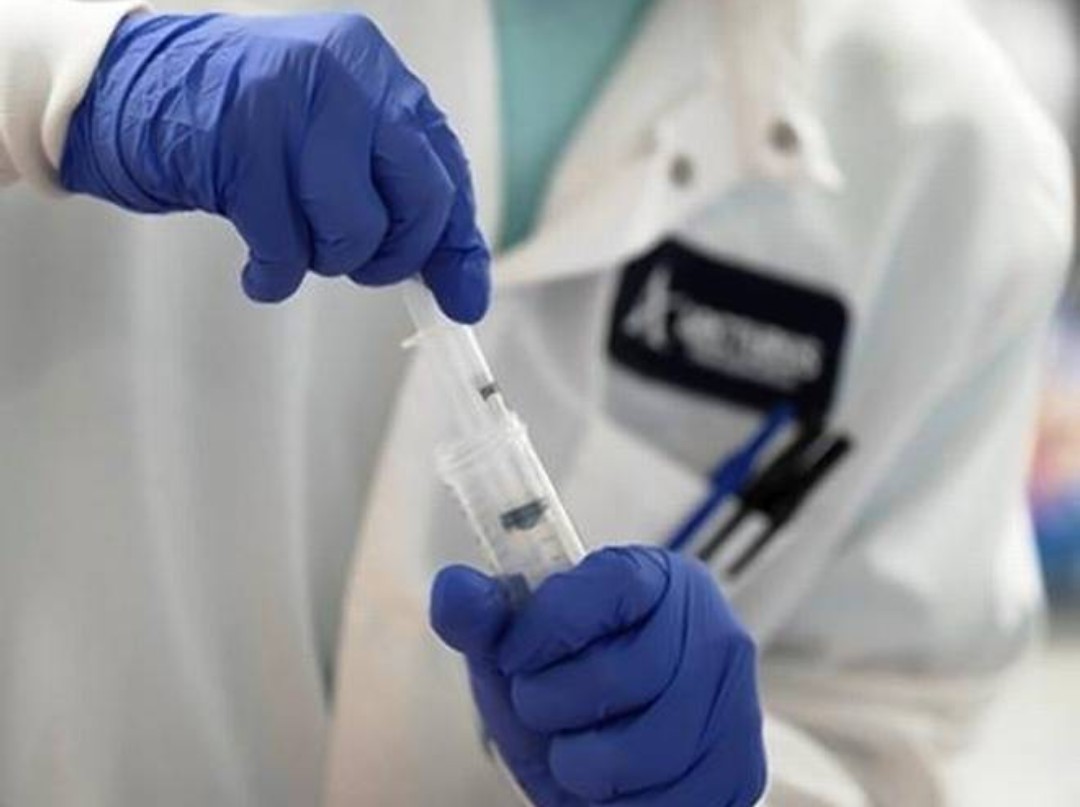This vaccine is among the eight that are ahead in terms of being tested in humans for efficacy
A high-profile potential vaccine for COVID-19 being tested by researchers at Oxord University failed to protect vaccinated monkeys from being infected by the virus. However, the test animals appeared to be protected from pneumonia.
The vaccine candidate, ChAdOx1 nCoV-19, being tested is a weakened form a common cold virus (adenovirus) that affects chimpanzees but has been neutered to prevent replication in humans.
Reports of the candidate vaccine’s performance in monkeys (rhesus macaque) have prompted researchers to test the vaccine’s potency in humans. Its promise has also led to Indian vaccine manufacturer, the Pune-based Serum Institute announcing plans to manufacture a four to five million doses by end-May in India. It is one of seven global institutions that will manufacture the vaccine being developed by the Oxford Vaccine Group.
However, detailed results of the trials in monkeys available on pre-print server bioRxiv suggest that, based on these results, the vaccine may not be the panacea to protecting people from being infected and passing on the infection to others. The research paper is yet to be peer-reviewed.
Rajesh Gokhle, Faculty, National Institute of Immunology and former head of the CSIR-Insitute of Genomics and Integrative Biology, who has read the paper, said that in an “ideal” world, no company would continue testing the vaccine in humans based on the available data in monkeys.
“We have presence of the virus in the upper respiratory tract (of the animals). It is possible that these can come down again to the lower respiratory tract (and cause pneumonia). Ideally, if you’ve been inoculated with the vaccine, you should be able to substantially clear out the virus,” he told The Hindu.
The researchers, in their paper acknowledge the presence of virus in the upper respiratory tract. “Despite this marked difference in virus replication in the lungs, reduction in viral shedding from the nose was not observed,” they note.
They explain it as being possibly due to the unusually high amount of the virus that the monkeys were exposed to. Unusual, in that human beings were unlikely to be ordinarily exposed to those quantities of the virus.
The researchers, led by Sarah Gilbert of The Jenner Institute, University of Oxford and Vincent Munster of the National Institutes of Health, United States, argue that the presence of virus was significantly reduced in BAL fluid (collected from the lungs) and lung tissue of vaccinated animals than in the animals that were not vaccinated.
Moreover, virus specific neutralising antibodies were detected in those macaques vaccinated and no such antibodies were seen in those that didn’t get the vaccine.
For their analysis they vaccinated six monkeys with the candidate vaccine and 3 were given a ‘control’ vaccine called ChAdOx1 GFP.
Based on these results 1,110 people are taking part in human trial, half receiving the vaccine and the other half (the control group) receiving a meningitis vaccine. The dose of the vaccine was half that of what is being used for humans right now.
This vaccine is among the eight that are ahead in terms of being tested in humans for efficacy.
With inputs from The Hindu

